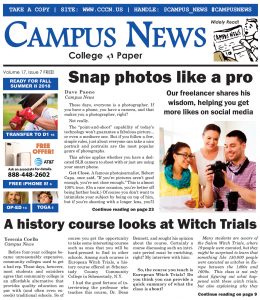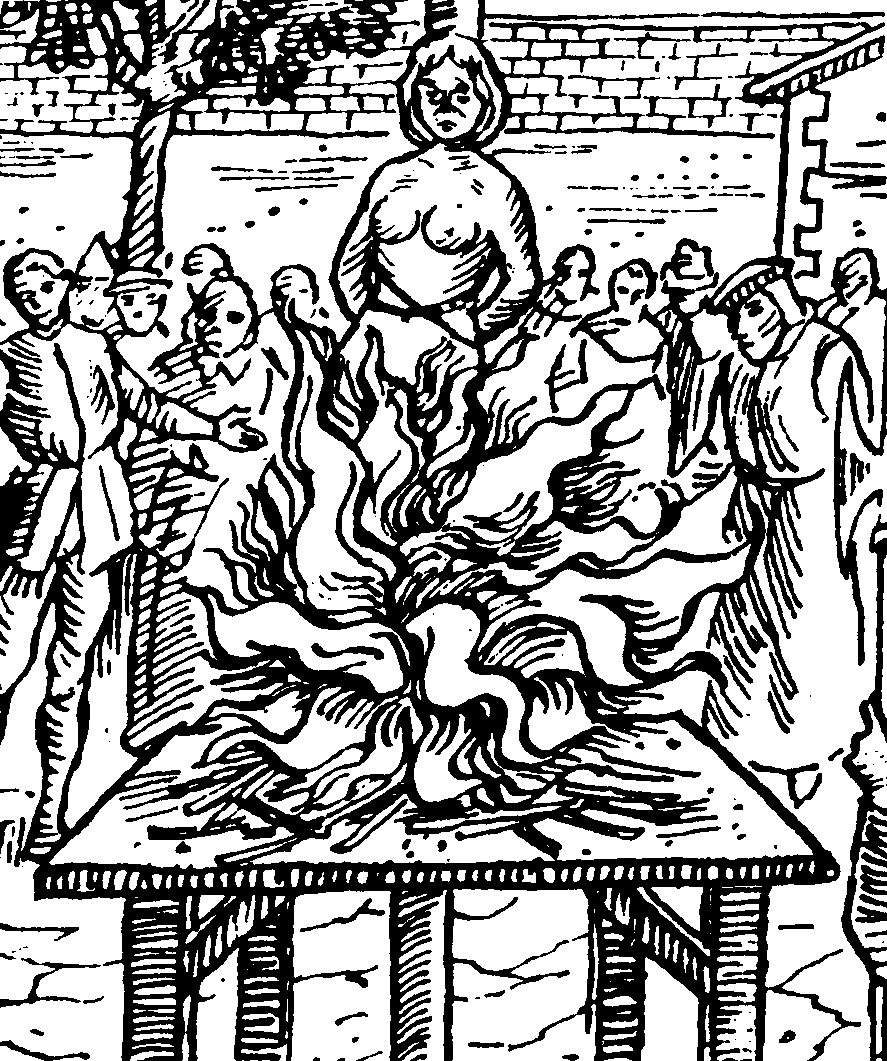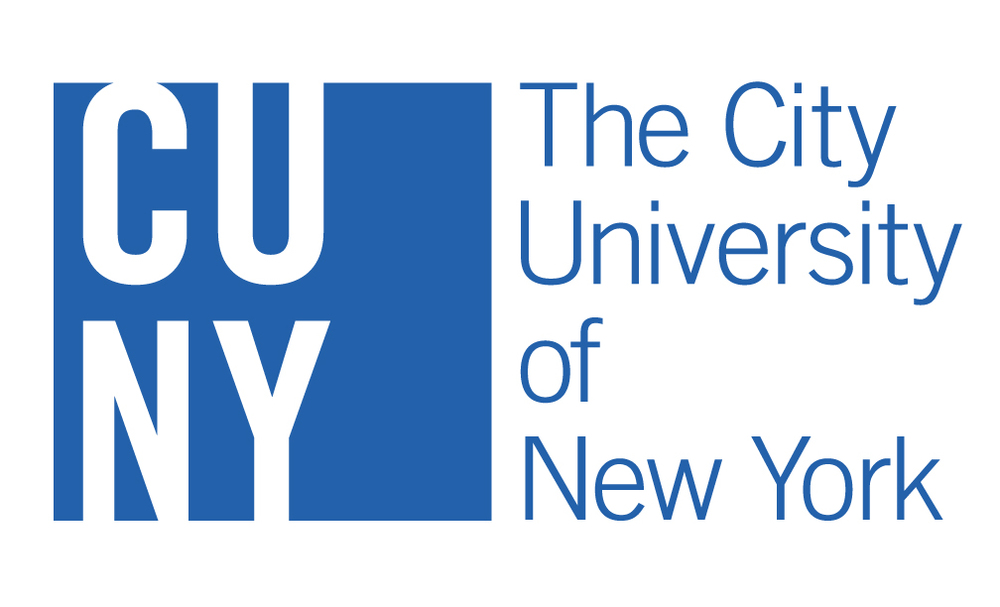By Yesenia Coello
Campus News
Before four-year colleges became unreasonably expensive, community colleges used to get a bad rep. These days, however, most students and outsiders agree that community college is an affordable alternative that provides quality education on par with (and often even exceeds) traditional schools. So of course you get the opportunity to take some interesting courses such as ones that you will be hard-pressed to find in other schools. Among such courses is European Witch Trials, a history course offered at Schenectady County Community College in Schenectady, N.Y.
I had the good fortune of interviewing the professor who teaches this course, Dr. Dean Bennett, and sought his opinion about the course. Certainly a course discussing such an intricate period must be enriching, right? My interview with him:

So, the course you teach is European Witch Trials? Do you think you can provide a quick summary of what the class is about?
Many students are aware of the Salem Witch Trials, where 19 people were executed, but they might be surprised to learn that something like 150,000 people were executed as witches in Europe between the 1400s and 1600s. This class is not only about figuring out what happened with these witch trials, but also explaining why they happened. Even though it seems like a narrow topic, it’s really a very thorough History course, because explaining the witch trials requires understanding things about the societies that engaged in them: religious beliefs, political conditions, wars, different legal systems, the lifestyles of peasants, the status of women, and the personalities of influential people like kings and popes. There are lots of bizarre, strangely funny, and horrifying stories students will encounter in this topic. (In that way, it’s sort of like a microcosm of the human condition).
You’re primarily known for you expertise on Viking History, correct? How do you say this course differentiates from your Viking World course (offered every other year in place of Witch Trials) expectation-wise? Are students as enthusiastic about European Witch Trials as much as Viking World?
Well, I’ve specialized quite a bit in Scandinavian History, but that’s not all. For example, I’ve done a lot of Russian history. But most of my classes at SCCC are World Civilizations and Western Civilization, so building competence in those subjects is my biggest priority. My main adviser/professor in graduate school (Mary O’Neil at the University of Washington in Seattle) is a real expert in witch trials, so that’s how I first got interested in the topic.
Both the Witch Trials and the Viking World courses are similar in that I assign a lot of varied primary source documents that are challenging but (I think) fascinating. (I don’t have much to say about how they are different. The topics are different; the skills students learn are similar).
Do you think this course has the ability to influence how students perceive certain historical events? Or even how they look at history as a whole?
Students improve their skills in reading, writing, thinking critically, and using empathy. They learn that sometimes a simple answer isn’t enough for explaining a complex problem, and they gain important insights that remain relevant in modern life. For example, anyone who studies the witch trials will probably become more aware of the importance of fair trial procedures – especially the drastic consequences of using torture, or the risks of combining religious power with political power. You can see why many Law students start their education as History majors. (Witch trials are a fascinating topic for those interested in Psychology, too).
Do you have anything to say for anyone who’s interested in taking the course or one that’s similar?
I’m always pleased to hear back from former SCCC students that they really appreciated the witch trials class, and professors at the colleges and universities that they transferred to are often impressed that they had the opportunity take such a course here.
European Witch Trials (HIS 241) will be offered in Spring 2019, and for many programs it counts for several different kinds of elective requirements: Social Science, Humanities, Liberal Arts, or General Elective.







Facebook Comments